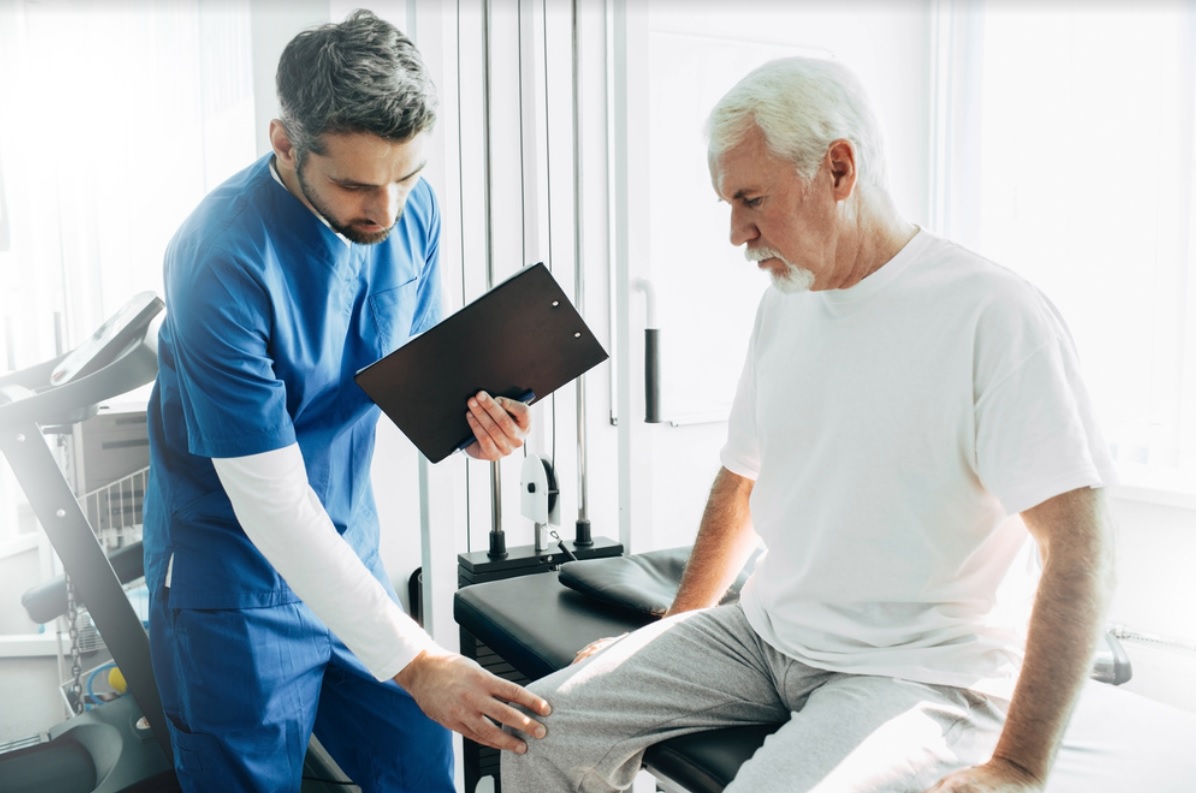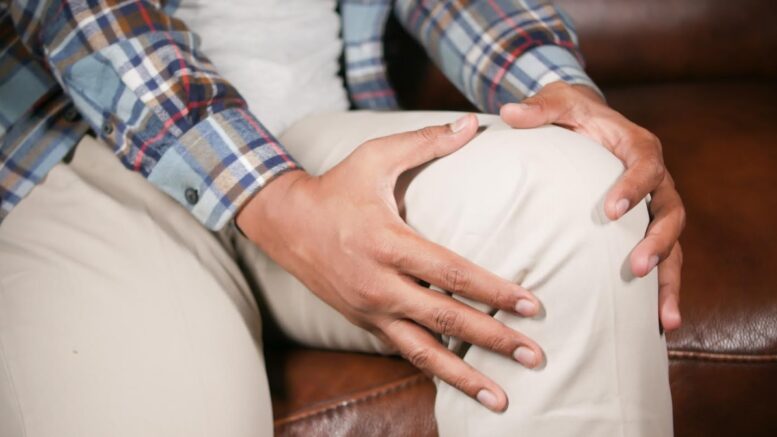Knee pain is a common complaint among people of all ages. However, it is especially common among those who are physically active. The causes of knee pain can range from an acute injury to a chronic condition such as arthritis, making it difficult to determine the best course of action to decrease the pain. Fortunately, there are several strategies that can help decrease the pain in your knees by taking pain management medications allowing you to stay active and enjoy a better quality of life. For non-pharmaceutical options for pain management try Neuragenex. If you are having knee pain, here are some things to do to reduce it:
Maintain a Healthy Weight
Maintaining a healthy weight is an important step for those who suffer from knee pain. Excess weight can put extra strain on the knee joint and cause the knee to be inflamed, leading to further pain and discomfort. In order to maintain a healthy weight, it is important to focus on eating a healthy diet full of nutrient-dense foods such as fruits and vegetables, whole grains, lean proteins, and healthy fats.
Rest
Resting is the key to recovering from an injury, but it is just as important for those who suffer from chronic conditions such as arthritis. Resting your body can help it recover and repair itself, leading to knee pain relief. It is often recommended that you rest 30 to 60 minutes after exercising to allow your muscles time to relax.
Exercise Regularly
Physical activity is particularly important for those who suffer from knee pain because it helps strengthen the muscles around the knee. Stronger muscles are less likely to sustain injuries, reducing pain and swelling. In addition to building strong muscles, exercise can also improve flexibility and circulation through the muscles and joints.
Keep Your Knees Warm
Keeping your knees warm can help reduce pain and swelling associated with knee injuries or arthritis. Wearing special knee wraps with temperature-regulating fibers can provide heat around the joint in addition to or instead of heating pads. When using a pair of heat wraps, avoid heating them directly with a stove or hot water because this can burn your skin.
Wear Supportive Shoes
Wearing supportive shoes can help reduce stress on your knees and the entire body. Look for shoes that have shock-absorbing soles, plenty of cushioning, and support straps or pads at the heel, ankle, and arch. If you plan to be active outdoors, sandals or barefoot activities may not be a good idea if you have knee pain. For optimal support, seeking out a professional specializing in orthopedic shoes is best.

Stretch Regularly
Stretching is an effective strategy for increasing circulation throughout the muscles and joints in your lower body. The benefits of stretching are numerous and include reduced tension along the muscles, improved coordination between your muscles and joints, decreased risk of injury from overuse due to over-flexing, and relief from pain caused by muscle cramps or spasms.
Use a Knee Support
There are several types of knee supports, including braces that you wear over your knee or strapping that wraps around it from the outside of the leg. These types of support can help you avoid excessive strain on your knee, leading to further pain and other complications. Another option to support your knee while avoiding motion limitation is CBD strips for pain. These strips provide an excellent solution for those who prioritize maintaining their mobility. Strips can offer targeted pain relief while allowing you to move freely.
Utilize Physical Therapy
If your knee injury is too severe to treat yourself with simple steps such as wearing supportive shoes or stretching, you may want to seek out the services of a physical therapist. A physical therapist specializes in treating injuries through physical therapy and rehabilitation. With their help, you can recover from a long-term condition or a minor injury.
Take Ibuprofen
While many medications are available for pain treatment, ibuprofen is one of the safest and most effective. Ibuprofen helps reduce swelling and inflammation around your knees caused by arthritis and overuse. Ibuprofen can be taken in pill form or through injections, depending on the severity of your condition.
If you have knee pain, staying active and keeping your body moving is the most important thing. You can reduce your risk of injury and pain by keeping your knees warm, wearing supportive shoes, and using a knee brace in times of discomfort. Remember that you should always talk to your doctor about the severity of your condition before using medication or making any drastic changes to your health habits.
